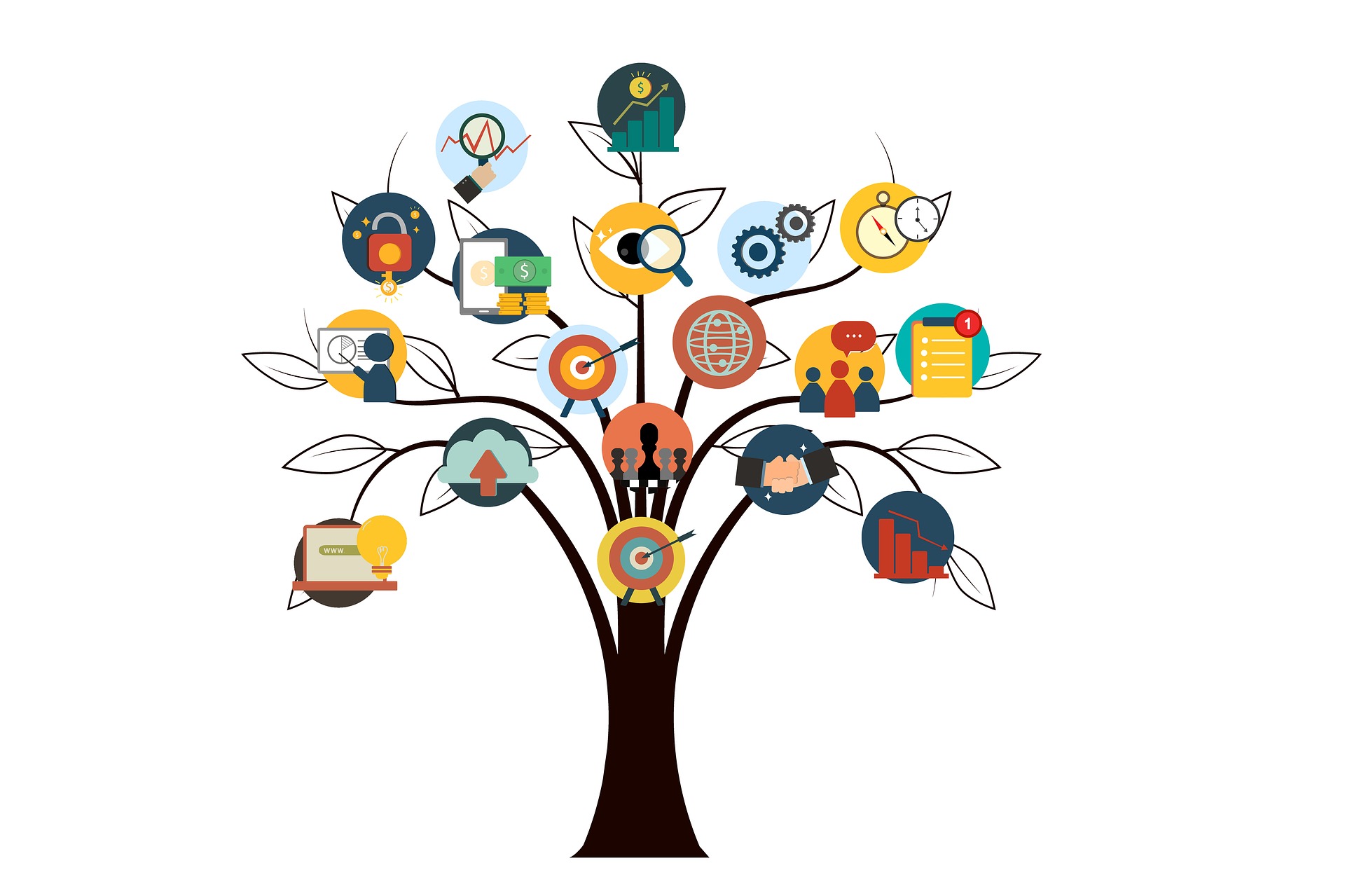
So, you want to be an evaluator?
By Monica Coleman
Greetings! My name is Monica Coleman, and I’m a graduate assistant at the Center for Research Evaluation (CERE) at the University of Mississippi (UM). As it is my first post on our blog, I’ll start by introducing myself and my journey before sharing some advice I think you might find useful in considering a career as an evaluator.
My background
I am a second-year doctoral student in the Counselor Education and Supervision program at UM and have worked at CERE for nearly a year. I came to CERE as an adult learner with various career experiences including mental health counselor, journalist and entrepreneur. Right before joining CERE, I had leveraged those experiences to consult on a multi-year federal program aimed to reduce health disparities in a chronically impoverished region in the South.
While I did not identify as an evaluator before working at CERE, I had completed many tasks related to evaluation—I conducted community and organizational needs assessments, facilitated power and asset mapping, developed and monitored training and technical assistance plans, assisted with focus group protocols and survey development and implementation, managed data collection, etc.
Becoming an evaluator
Since being at CERE, I have naturally and gradually embraced the identity of an evaluator, especially through opportunities to work with a very supportive team of senior staff on programs ranging from local to international. Mostly, I have learned that I had been doing evaluative work for the past five years but needed more knowledge on evaluation history and theories as well as more experience. Thankfully, at CERE, I am growing as an evaluator and expanding my understanding of the various types of evaluations and types of evaluators. In doing so, I realize that my passion for social justice and equity is both an asset and necessary in this field.
This year, I decided to take up a graduate minor in applied statistics to boost my quantitative skills and recently sought advice from my director, Dr. Sarah Mason, about which statistical programs might be best for me to learn. Not surprisingly, she responded exactly as an evaluator by not giving me an answer directly but rather presenting something for me to consider more deeply. Given the impact of her advice on my thinking, I thought it might be useful to share some of the general tips here for anyone who might be considering becoming an evaluator and/or anyone who is emerging in the field and trying to find their way. I will call this “Advice from Dr. Mason,” because I am very clever with coming up with titles, obviously.
Advice from Dr. Mason
- “In evaluation you don’t need to be able to do everything—especially if you find a good partner, or partners.”
As a mental health professional, this hit me like a ton of bricks. I tell my clients this all the time but hadn’t considered how I might not have been practicing this myself. As with anything in life, it is important to build relationships that can be mutually supportive. This is especially true in evaluation with so many methods and skills that can be used depending on the needs and contexts of a program. - “It’s the practice of applying the quant skills that makes all the difference.”
Learning statistical analysis programs is much like learning a new language—you need ample practice to learn it well. As such, courses and opportunities that heavily focus on application of skills are most beneficial for anyone looking to learn a program. Thankfully, the SAS Bootcamp I am currently taking at the university under Dr. Sujith Ramachandran is all applied and uses publicly available data. - “Figure out what type of evaluator you want to be.”
This particular bit is when my “ah-ha” moment occurred, just as it has for so many people I have interviewed for various programs this past year. If I do not take the time to determine the specific types of evaluation work I am interested in, I could find myself pulled in many directions and ultimately stretched thin. - “Figure out the skills you need the most to be that kind of evaluator.”
If you’re thinking anything like I did, you are probably seeing how this is shaping up to be somewhat of a project itself. Once you know which direction you are headed, there are many resources and articles about the various skills needed for different types of evaluation. Influential people in the field also share resources; e.g., I follow David Fetterman—the father of empowerment evaluation—through his website. It has also been useful to reach out to people who are doing the work you aspire to do and I have only had pleasant experiences when reaching out to people thus far. - “Figure out which of those skills you need more exposure to/practice in and target those.”
For this final piece of advice, I want to acknowledge that I have the privilege of working at CERE, which makes this easy for me. However, I imagine this could be difficult for someone who does not know anyone or any place where you can get exposure and practice. One place I have found very helpful for networking is the American Evaluation Association (AEA). Once you become a member, you can join topical interest groups (TIGs) and learn about opportunities to connect with others. I joined the Collaborative, Participatory & Empowerment Evaluation TIG, for example, because of my interest in engaging those who benefit from programs throughout the evaluative process. If you are unable to become a member at this time, you can still reach out to people who are listed on AEA’s directory.
So, if are you thinking about becoming an evaluator or are you an emerging evaluator, what do you think of this advice?



